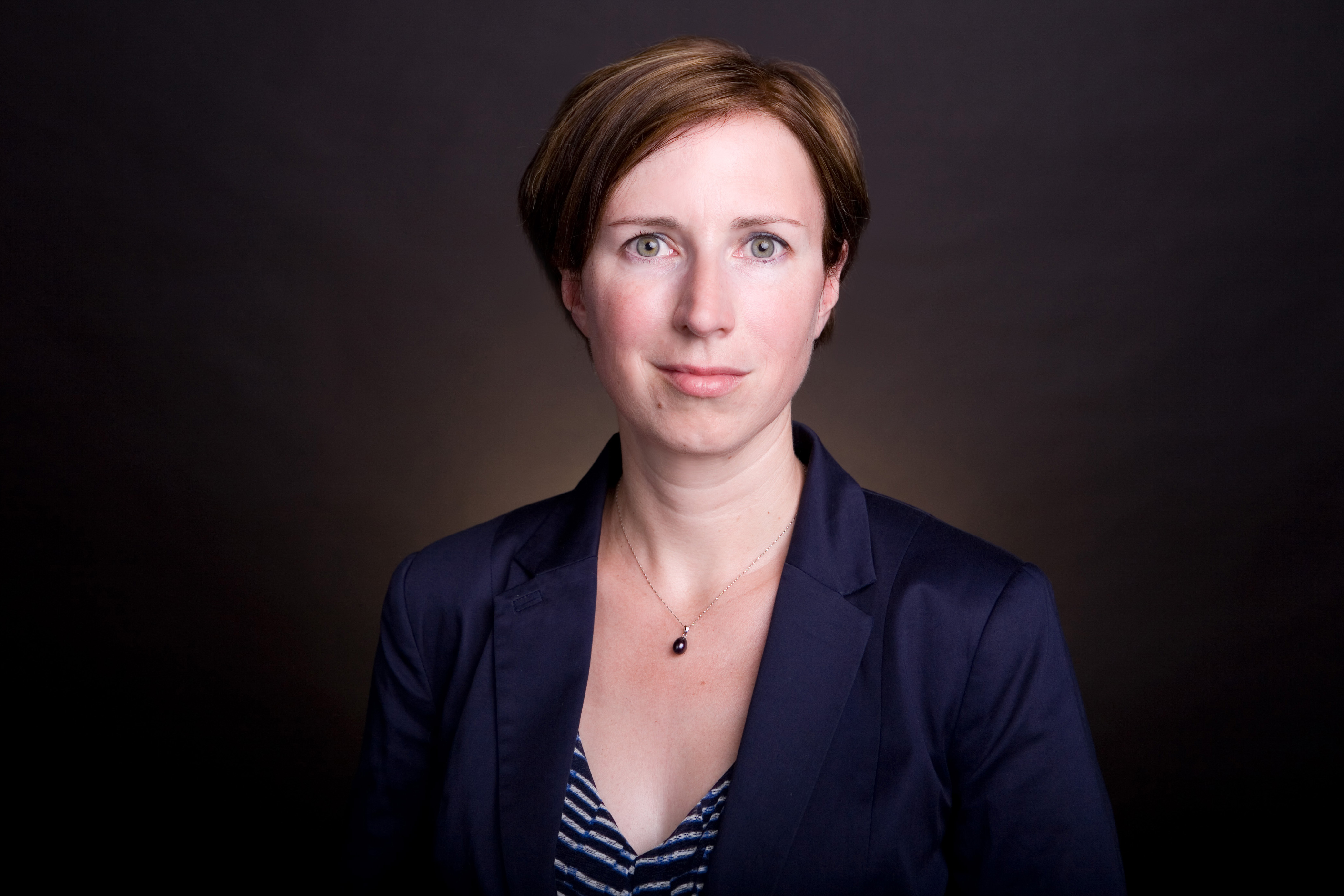Macron Seeks a Dose of Charlemagne to Renew Merkel Partnership
When France and Germany sign a treaty on Tuesday in the historic border town of Aachen, it will be the culmination of 16 months of work by French President Emmanuel Macron to bring the anchors of Europe closer.
Setting Guidelines
The Bundestag’s harder line adds another strain on the two leaders. Merkel and Macron have their hands tied as they try to navigate Brexit, address concerns on immigration and unemployment, and ensure that member states are better protected when the next financial crisis hits. Those demands leave them struggling to articulate a compelling vision for Europe as they seek to repel a nationalist challenge in an EU-wide election in May.
Under Volker Kauder -- the previous parliamentary whip who unexpectedly lost out to Brinkhaus in a sign of the chancellor’s waning authority -- Merkel could rely on pliant Bundestag deputies to implement what she agreed in Europe. That era is clearly over.
Led by Brinkhaus, the CDU passed a motion ahead of an EU summit in December. It outlined the parliamentary group’s position on key policy areas such as migration, defense and the EU budget. The motion stressed the importance of not overburdening Germany financially and explicitly linked EU funds to promoting competitiveness. It was the first time her party allies handed Merkel official guidelines before an international meeting.
In his landmark speech at Paris’s Sorbonne University in September 2017, Macron called for a euro-area budget, an EU asylum office, transnational lists in European elections and military cooperation leading to joint operations. That agenda is stalled without Germany’s backing, especially with political headwinds elsewhere in Europe such as Italy’s new populist government.
While euro-area countries agreed in December on a budget to fund investment projects, the size is well below what Macron envisioned and it lacks the stabilization mechanism he wanted. There’s been little to no progress in the other areas.
Opposing Views
“At the Elysee, the feeling has been that Merkel didn’t respond fast enough to Macron,” said Manuel Lafont Rapnouil, director of the Paris bureau of the European Council on Foreign Relations. “But in Germany, many CDU deputies think Merkel did too much.”
There’s little risk of the chancellor overstepping her bounds in Aachen, a city known in French as Aix-la-Chapelle that’s the burial site of Charlemagne, the emperor who united a large part of Europe in the early Middle Ages. She and Macron will sign the pact exactly 56 years after a treaty that sealed French-German reconciliation after World War II.
It’s “is a signal that we want to speak more strongly about our European unity,” Merkel said in her weekly podcast. “We want to make a push for European unity.”
But there’s little beyond good intentions, and the fact that the pact doesn’t require Bundestag approval underscores its tepid nature.
Born in North Rhine-Westphalia, Brinkhaus worked as an accountant and tax adviser before entering politics. He was elected to the Bundestag in 2009.
‘Small-State Mentality’
As Merkel worked on a compromise with Macron to strengthen the French-German axis, Brinkhaus spoke out at an internal caucus meeting in April against French initiatives “which disadvantage other member states.”
- The uncomfortable reality for Macron is that the CDU’s new Bundestag boss may be a more accurate reflection of German attitudes toward Europe than Merkel, who is in her final term as chancellor, according to Barbara Kunz, a researcher at the French Institute for International Relations.
- “The main problem is that many French ambitions are simply incompatible with German politics,” said Kunz. “There are structural differences that are not linked to a single person.”

Media:
Share







